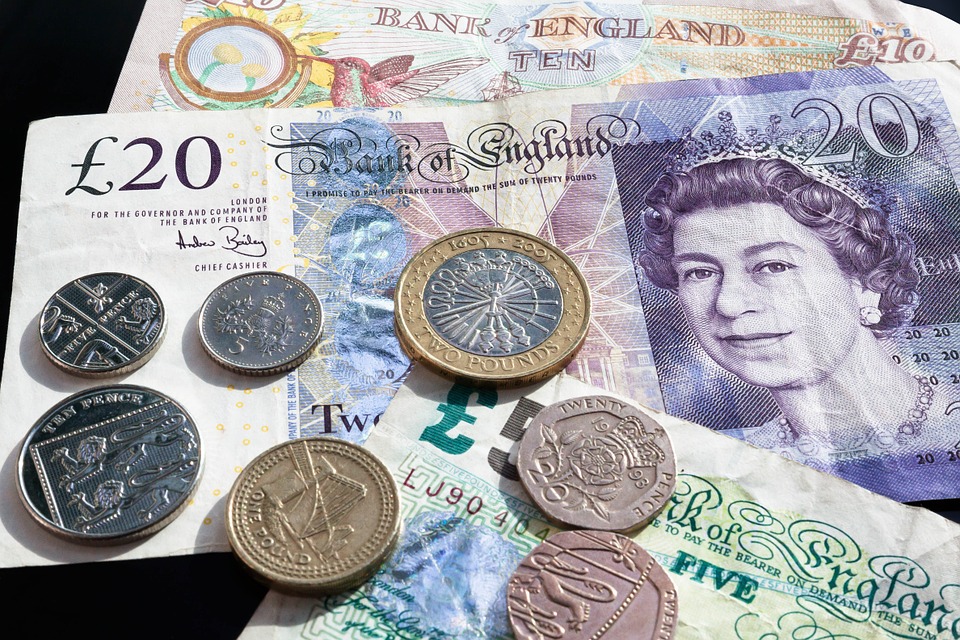Northern Ireland tensions weaken sterling against euro, dollar
Sterling fell versus the euro on Monday and flattened against the dollar amid more post-Brexit tensions and persistent economic growth worries in Britain. British Prime Minister Boris Johnson said on Monday parliament could pass legislation this year to scrap some of the rules on post-Brexit trade with Northern Ireland that his government agreed in 2020 with the European Union.

Sterling fell versus the euro on Monday and flattened against the dollar amid more post-Brexit tensions and persistent economic growth worries in Britain. British Prime Minister Boris Johnson said on Monday parliament could pass legislation this year to scrap some of the rules on post-Brexit trade with Northern Ireland that his government agreed in 2020 with the European Union. That would set up further clashes with the European Union and potentially harm the sterling, analysts said.
The legislation, which would unilaterally replace parts of that bilateral deal - known as the Northern Ireland protocol - is due to be sent back to parliament's lower house for a second reading. That is one of the stages of the law's passage through the legislature. Risk-sensitive sterling had risen in London morning to a two-week high versus the dollar, lifted by an equity market rally. But by 1110 GMT, it was flat at $1.2273.
Against the euro, sterling fell 0.3% to 86.24 pence. "Although some hawkish remarks from Bank of England officials have lent support to the pound recently, UK growth concerns remain a thorn in the side of sterling investors," said Jane Foley, head of the forex strategy at Rabobank in London.
"If the UK slips closer to a trade war with the EU over the Northern Ireland protocol, these fears would be accentuated," she said. BoE Chief Economist Huw Pill said on Friday that interest rates would remain the central bank's main monetary policy tool as it prepares to start selling bonds, reversing part of its economic stimulus push.
The central bank began raising borrowing costs in December last year, increasing Bank Rate to 1.25% from a record low of 0.1% in an attempt to tackle inflation, which rose to a 40-year high of 9.1% in May. Recession fears and political scandals have also contributed to the weakening sterling, down almost 10% against the dollar since the beginning of the year.
Johnson's Conservatives lost two parliamentary seats on Friday, a new blow to Britain's prime minister, whose authority has been battered by revelations of breaking lockdown rules at his Downing Street office during the COVID-19 pandemic.
(This story has not been edited by Devdiscourse staff and is auto-generated from a syndicated feed.)
ALSO READ
FOREX-Dollar takes a breather ahead of US jobs data
FOREX-Dollar dips ahead of US jobs data; yen squeezed
FOREX-Dollar edges down after data, yen squeezed, Swiss Franc at multi-month lows
FOREX-Dollar hits one-week low ahead of US jobs data; yen squeezed
FOREX-Dollar hits two-week low while battered yen stabilises










